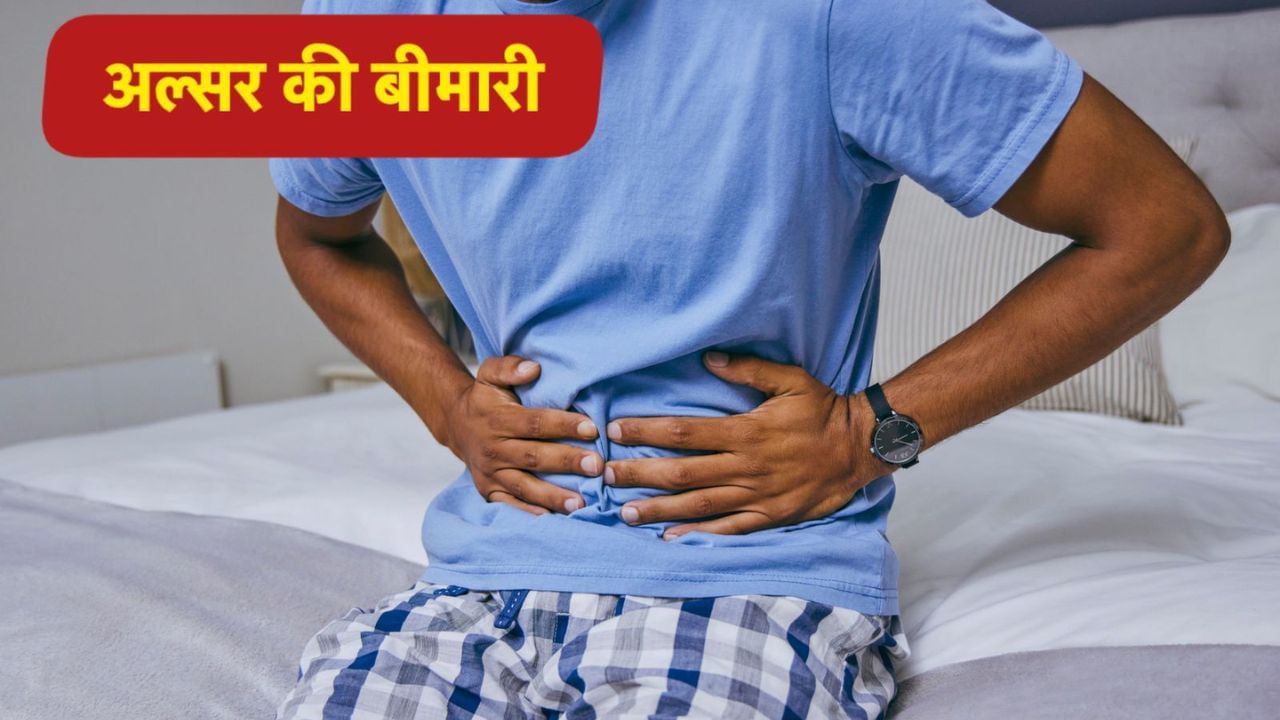Causes and symptoms of ulcersImage Credit Source: Getty Images
Stomach ulcer: Ulcers are a condition in which a wound or injury occurs on the interiors of the stomach or intestine. It often occurs in the stomach (gastric ulcer) or small intestine (duodenal ulcer). Ulcers do not just create discomfort, but if not treated on time, serious problems such as bleeding, holes or infections can also occur. Ulcers can be dangerous for those who have been exposed to long -term medicine, alcohol, more spicy food, stress or harmful bacteria (helicobacter pylori). Especially aged people and patients with stomach problems are at greater risk of ulcers. Timely identification and treatment can prevent serious consequences from ulcers.
Ulcer Mostly occurs when acid in the stomach or intestine increases greatly or their inner layer becomes weak. Helicobacter Pylori bacteria infection is the most common cause of ulcers. Apart from this, frequent pan killer drugs, stress, smoking, alcohol, unhealthy food and bad lifestyle also give rise to ulcers. The risk of ulcers also increases due to genetic reasons in some people. If the balance between acid and stomach layer in the body deteriorates, then small injuries can slowly turn into a wound.
What are the initial symptoms of ulcers?
Senior Physician Dr. Kamaljeet Singh Canthe in Delhi It is said that ulcers often start with mild symptoms. The most common symptoms are stomach irritation, heaviness or pain after eating food, loss of appetite, vomiting or nausea. Some people also experience gas or acid reflux after eating.
Severe symptoms include persistent abdominal pain, black stool or bleeding, frequent vomiting, weight phenomenon and weakness. If these symptoms appear, the doctor should be contacted immediately. Ignoring ulcers can increase the wound and there may be conditions such as holes, inner bleeding and severe infection in the stomach or intestine. They can be prevented by timely investigation and treatment.
How to rescue?
Reduce spicy and oily food.
Take healthy food and eat when you feel hungry.
Avoid alcohol, smoking and excessive caffeine.
Use pan killer medicines only with the advice of a doctor.
To reduce stress, do yoga, meditation or walk.
If you feel persistent pain in the stomach or intestine, get a doctor checked immediately.
